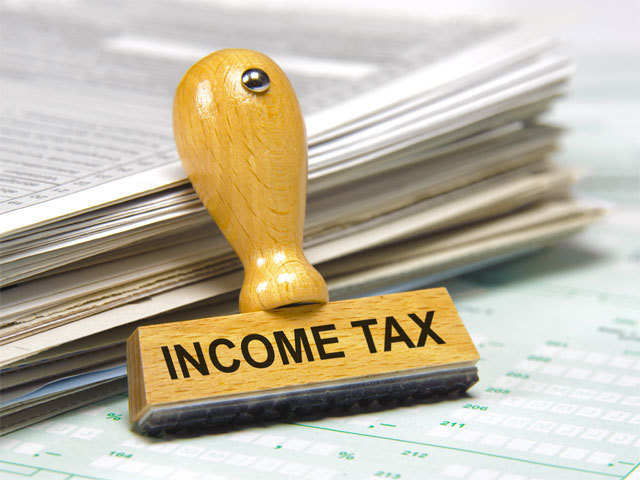The Central Board of Direct Taxes (CBDT) has asked the senior income-tax officials to go after over 87,000 people who are yet to file income tax (I-T) returns for the presumably untaxed cash deposited in the banks during the ‘demonetisation’ period.
A notice was issued to the CBDT sin the context by the Ministry of Finance.
The assessment is the cases are instructed to be completed by March-end this year.
Also, the Tax officials have been instructed to gather additional information about the persons and establish a trail of the funds deposited by them, along with detailed analysis of any past income tax returns by these people.
Further, the instruction said that any information regarding the entry operators i.e. those who launder cash by issuing bogus bills to clients, in a particular chain should also be forwarded to the concerned jurisdictional AO for taxing the unaccounted commission receipts.
As reported earlier, 23.5 lakh permanent account numbers (PANs) are identified by the income-tax department for post-note ban cash deposits being inconsistent with income profiles under the Operation Clean Money (OCM) programme.
Subsequently, the department issued statutory notices to 3 lakh people. Out Of that 3 lakh PANs, 2.1 lakh people filed income-tax returns and total amount of self-assessment tax was Rs 6,560.88 crore.
Some 90,000 of these people haven’t filed returns yet, despite receiving the statutory (Section 142-1) notices.
The department had further said that of the original 23.5 PANs, over 17 lakh filed e-returns after receiving communication. Amongst which, over 14.5 lakh PANs filed their income-tax returns for last 3 assessment years.
As on January 7, 2019, out of the 23.5 lakh , 4.15 PANs had never filed income-tax returns.
Rakesh Nangia, managing partner, Nangia Advisors (Andersen Global), said that the measure would not only deal with tax non-compliers but would also ensure integrity in the conduct of assessment proceedings.
He added that imposing a check by the senior authorities on the work conducted by tax officers and providing a chance to tax payers for explaining their case would aid fair play.



